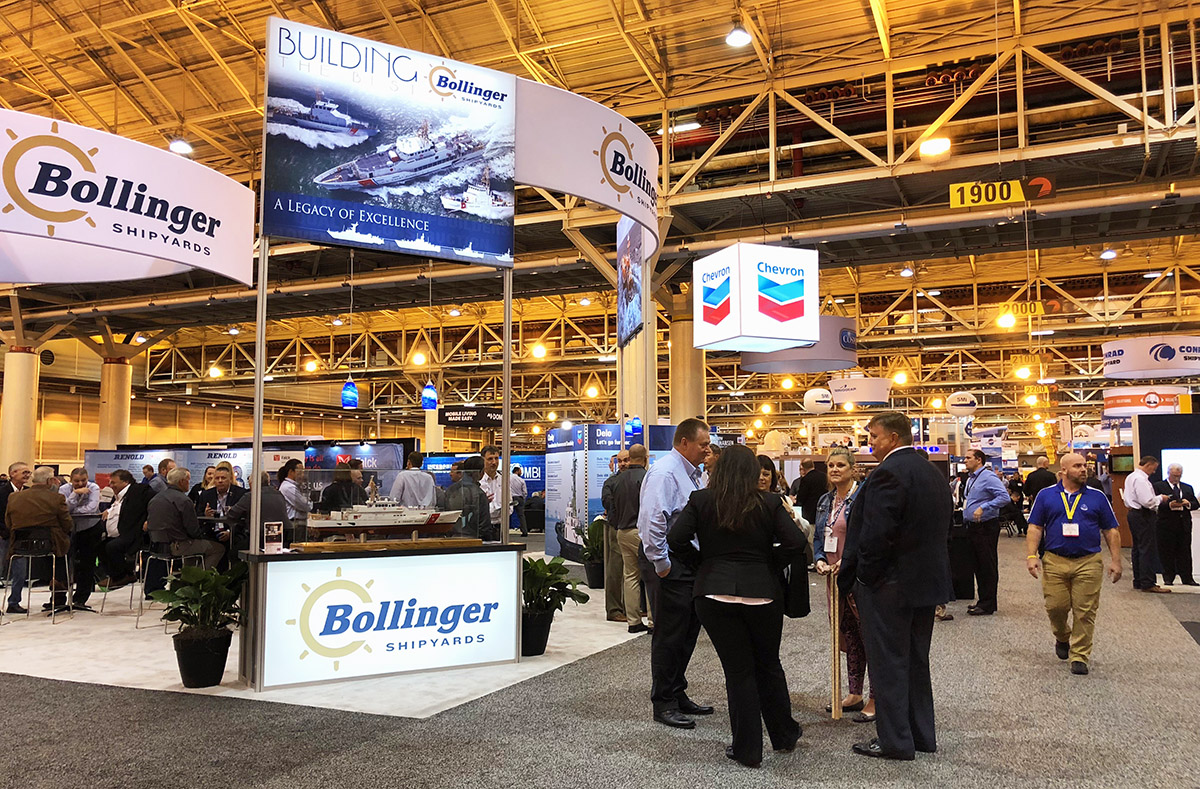The hard times in the offshore sector have now affected a third consecutive International WorkBoat Show. But this year, it was a bit different. Instead of running into people that, like last year, were prepared for the worst, most said business was generally OK.
Yes, an exhibitor or two thought it was slower this year, but they were outnumbered by those who told me that this was their best show ever. For the most part, people seemed satisfied, without some of the doom and gloom forecasts that I heard a year or two ago.
In my informal survey of about 20 or so exhibitors that I usually conduct on the show’s final day, I didn’t hear any big complaints. A few said that they had fewer visitors this year while others said they saw more. All of them, however, said the quality of the people that visited their booths ran high.
A good indicator are the shipyards. Several that I talked to on the show floor and at the annual Significant Boats awards breakfast said that their booths were buzzing and they were continually busy fielding inquiries. And with the offshore sector down, I heard reports that several shipyards were looking into building again in hot sectors like passenger vessels.
For the most part, the show was more upbeat and active than I thought it would be. Among the highlights for many was the annual conference program.
Walter Cruickshank, the acting director of the Bureau of Ocean Energy Management, was the featured speaker at the Offshore Program. He was upbeat. He said that the first lease sale of the Trump administration in August was the biggest in history — 76 million acres — and the next one in March 2018 will be even bigger at 77 million acres.
He said the recent sale was “by no means a barn burner,” bringing in about $137 million from 27 bidders that bid on about 90 tracts, some 508,096 acres in all.
Oil prices are low, and “there are not a lot of good prizes left to find” in the Gulf of Mexico, said Cruickshank. But he pointed out that the Gulf remains “the breadbasket” of offshore energy that provides 18% of U.S. oil production, and there is still a lot left.
And there is still a lot left for the next WorkBoat Show and the next and the ...





